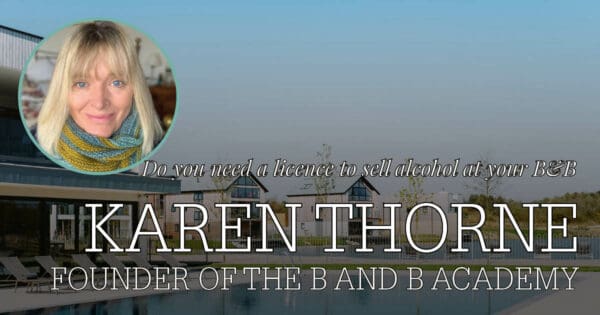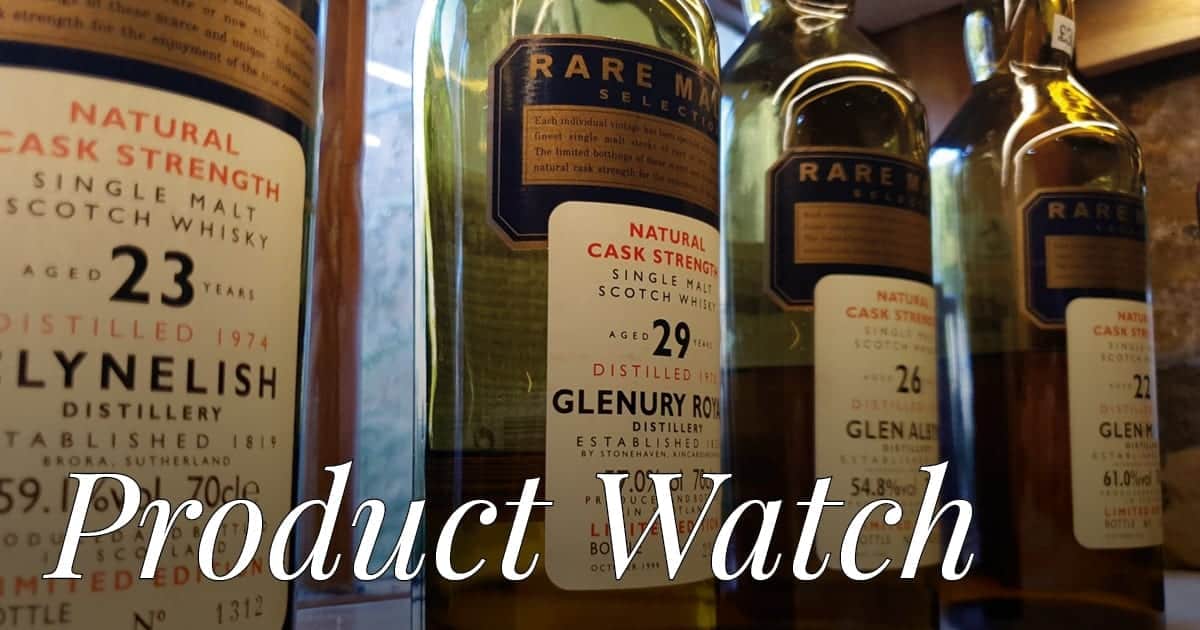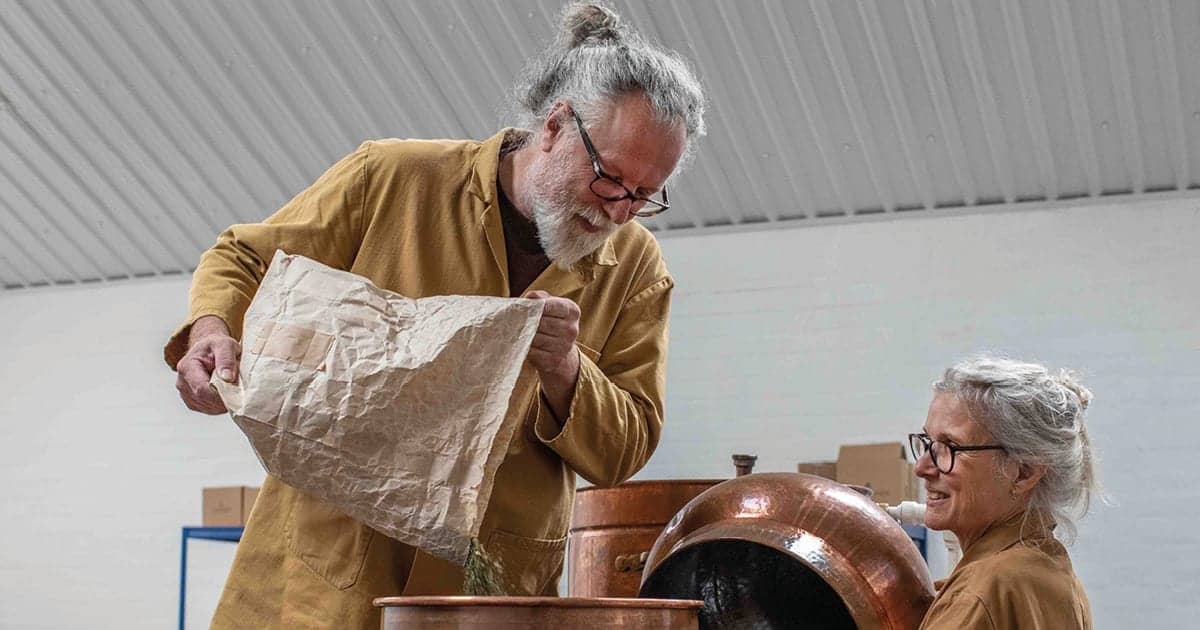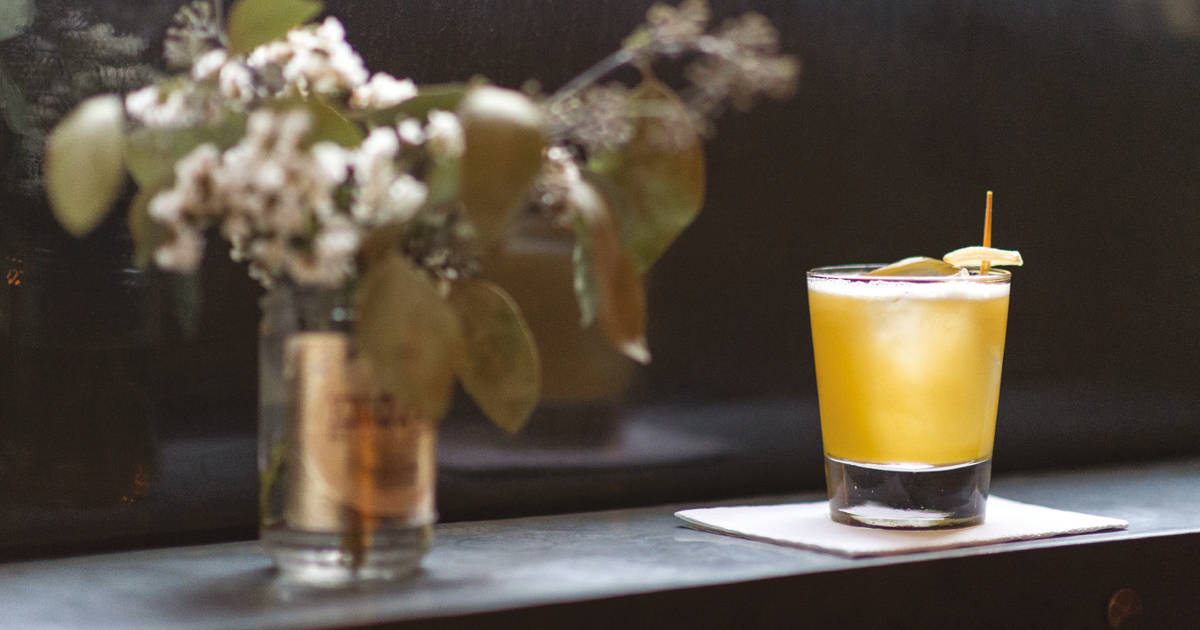
Contact your local authority about alcohol license to sell alcohol at your B&B
Local councils are responsible for licensing matters, so your first move should be to contact your local Licensing Officer for some advice.
They’ll be able to give you a copy of the council’s Licensing Policy – licensing law is the same for all of England and Wales (with equivalent laws in Scotland and Northern Ireland), but councils can put their own “spin” on policy to reflect local needs and priorities.
The Licensing Officer can also provide you with the application forms you need if you decide to go ahead.
Premises license for your B&B
If you’re going to sell alcohol you’ll need to apply for a premises license.
To apply for a premises license you’ll need to:
Fill in a form and submit plans of your premises – these don’t need to be architect’s drawings, a basic plan is fine, but they’ll be assessed by the fire authority, planning department and health and safety officers (among others) to see whether your premises are suitable for what you’re proposing.
Advertise your application, just like a planning proposal, and if there are objections the Licensing Officer may arrange a hearing with the Licensing Committee.
All this means that it might take a month or two for your application to be dealt with, so allow yourself plenty of time.
You pay a one-off fee for your premises license plus an annual fee to cover inspections and enforcement, both of which are based on rateable value. This will vary a bit, but for example a small B&B might expect to pay £100-£200 initially and £70-£180 annually thereafter.
Taking over a B&B that’s already licensed
If you’re taking over somewhere that already has a license, it’s fairly quick and easy to take over from the previous holder – your Licensing Officer will help you to do this.
It’s a good idea to have a thorough look at the previous license to see if there’s anything else you’d like to change (opening times etc), as once the license is granted you’ll have to pay a fee every time you want to change anything.
Selling alcohol for people to take away
If you want to do off-sales (alcohol for people to take away) you pay a little bit more, but it’s something I’m suggesting all new businesses consider. This would give you the option of selling picnic baskets and hampers containing wine or fizz, or gift packs of local beers as souvenirs.
Personal alcohol license for your B&B
At least one person will also have to hold a personal license – this should be the person in normal day-to-day control of the business.
You’ll need to fill in another application, have a basic disclosure (DBS check) done, which costs around £25, provide a couple of passport photos and pay a fee of around £37.
You’ll also need to complete a licensing qualification to show that you understand the law and your obligations as a licensee. The one-day course costs around £150 on average, and your Licensing Officer should be able to recommend local training providers.
There are now some online versions available, though personally I’d always recommend a tutor-led course so that you can ask questions and network with other learners.
Again, you’ll need to consider your timing. Certificates following the course can take 4 weeks or so to arrive, and a CRB check is only valid for a limited period, typically a month, from the date of issue.
So is it worth getting an alcohol license for your B&B?
Adding it all up, it would probably cost a small B&B £320-£400 initially. You’d also need to think about the cost of buying glassware and stock, and any other equipment you might need (wine or beer fridges, ice buckets…). If you can at least cover those costs out of the extra revenue raised, then it might be right for you.”
Do I need an alcohol licence if I’m giving alcohol to guests for free?
Providing ‘free’ alcohol to guests to your B&B
To quote the Visit England Pink book:
“You need a licence to sell alcohol – this includes providing ‘free’ alcohol, because it is an incentive to purchase and/or is included in your pricing structure. The fact that you charge the guest for staying in your accommodation means that they are essentially paying for the alcohol that is provided. In other words’ the guest has effectively paid a ‘consideration’ for that service. It is not free”
Running an Honesty Bar at your B&B
If you are operating an honesty bar, you are still effectively selling the alcohol to guests.
“You’d always need a license for “sale by retail of alcohol” to your guests. Whether they’re paying at the time, or later, or as part of a whole package, it would still be viewed as a sale. If you took payment and passed part of the revenue to charity, that’s still a sale.”



